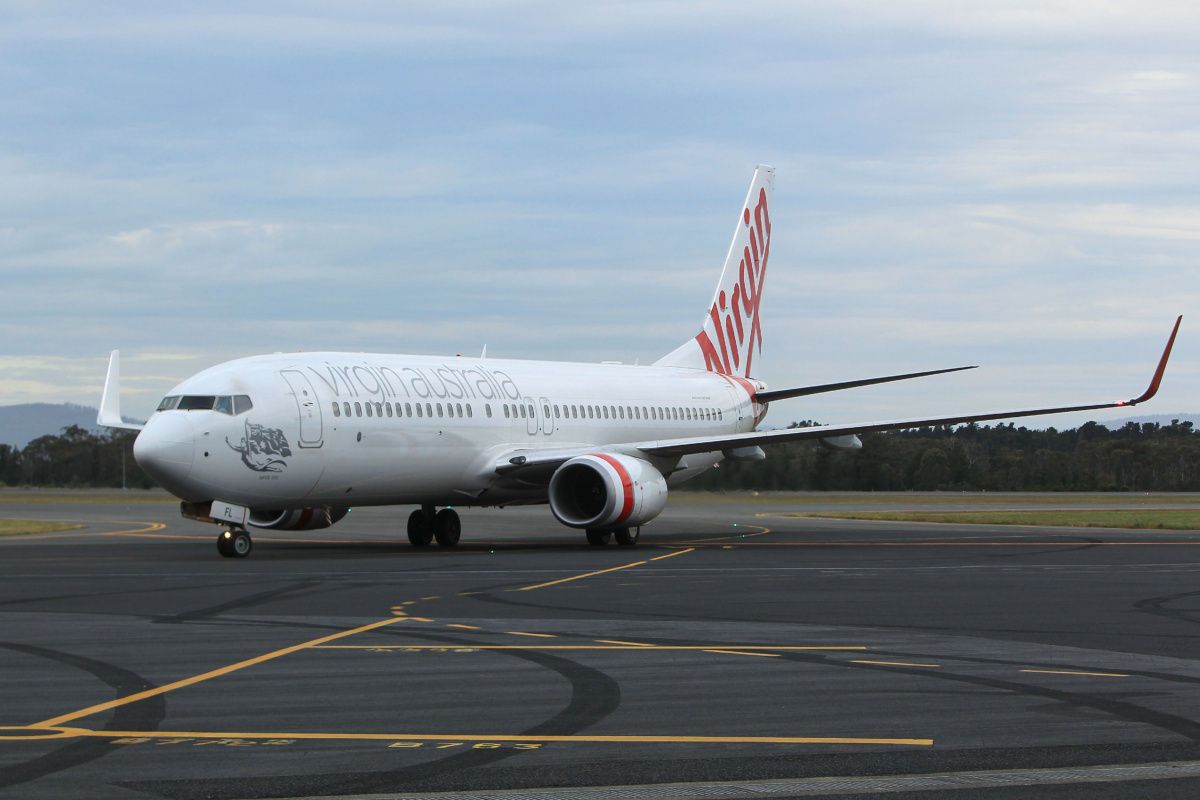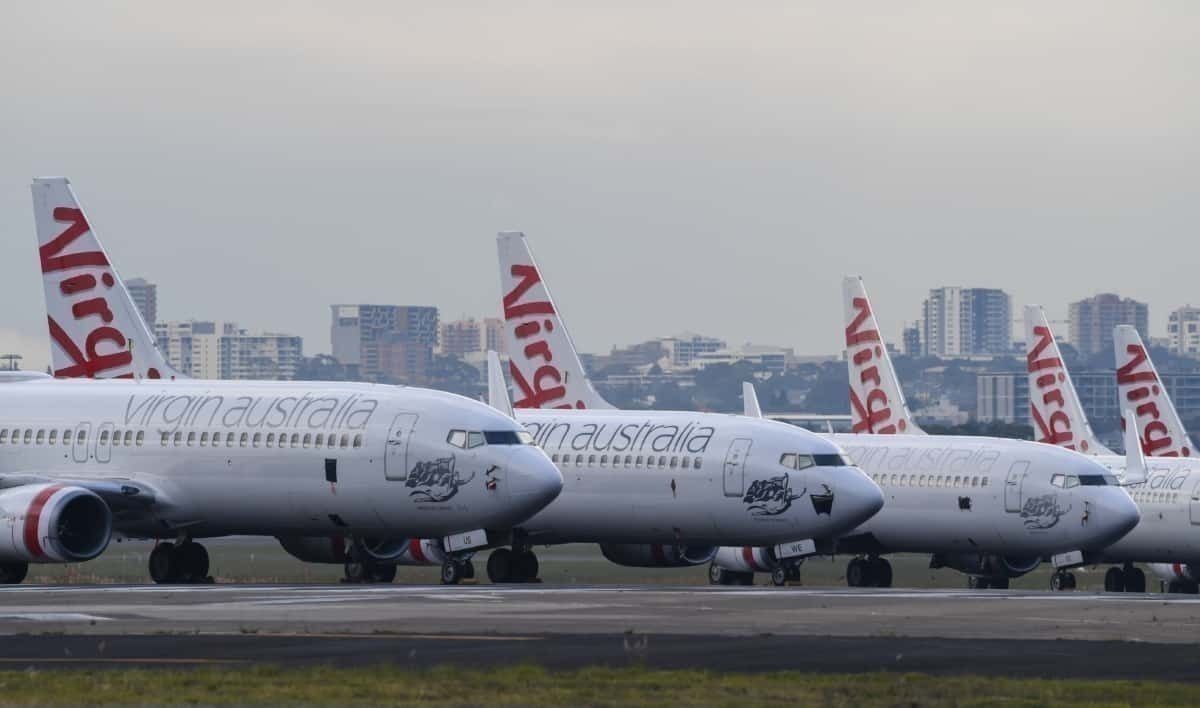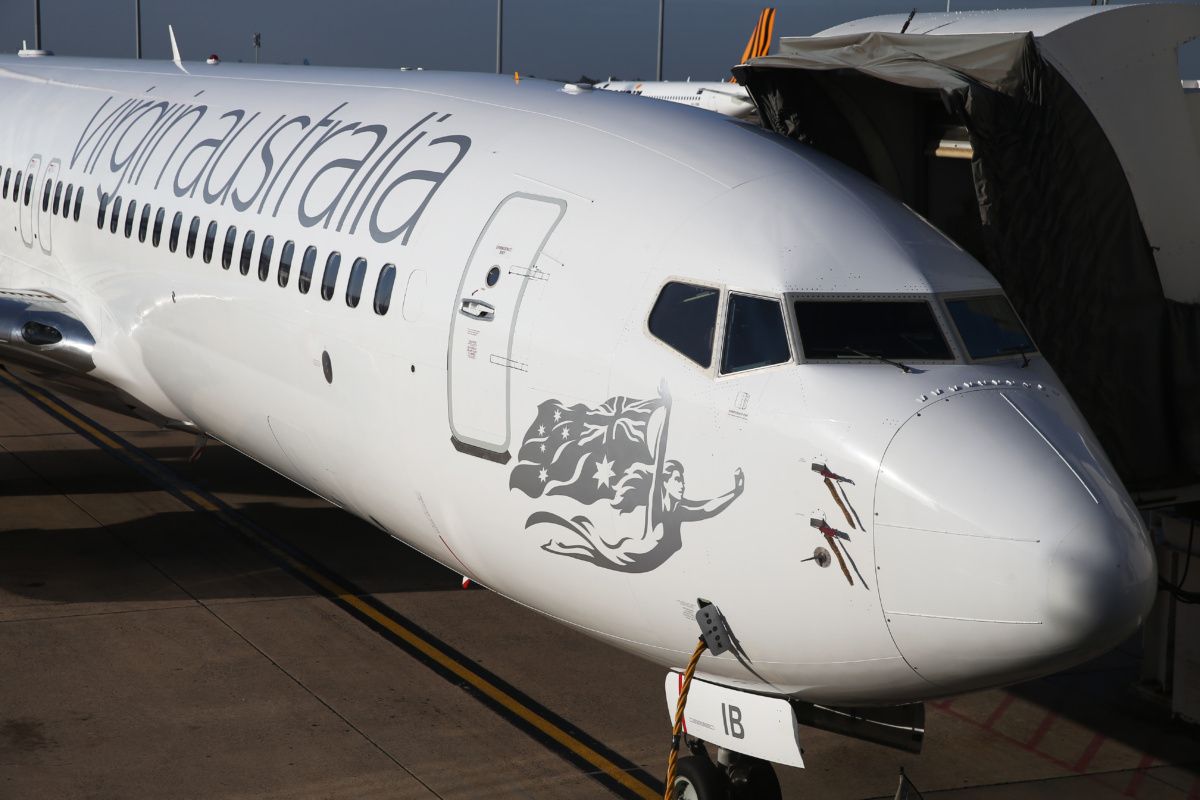The second round of bids for Virgin Australia are due in later today as the airline's administrator looks to narrow down the field of potential buyers to just two. Four suitors are jostling to make the cut, and it's a mug's game trying to pick which ones will make the grade.
In the running right now are New York-based Cyrus Capital, local powerhouse private equity outfit BGH Capital, Bill Franke's Indigo Partners, and Boston-based Bain Capital. All are formidable operators, and each brings particular strengths to the table.
All the bidders have outlined their plans
Normally, in a process like this, the bidders keep a low public profile, but all four have laid out their plans for what they'd like to do with Virgin Australia. Simple Flying has covered what Cyrus, Bain, and Indigo have had to say. BGH Capital's plans have also come to light over the past 24 hours. They'd be looking at significantly downsizing the re-booted airline.
Also, making a last-minute effort to promote their bid is Bain Capital. Their Sydney-based point man has given a lengthy interview in today's Australian newspaper. Their mooted version of Virgin Australia could be as a "hybrid," positioned between a full-service and low-cost carrier. That's a tough market position to operate in.
Passengers generally expect the benefits of both (i.e., competitive fares and many bells and whistles) but few of the drawbacks. When boarding a clearly delineated low-cost carrier, fares might be cheap, but so too are expectations.
“At the moment we are still evaluating where the positioning of the business should be vis a vis Qantas and Jetstar. It is too early for us to declare whether full service is the winning strategy or low cost is the winning strategy," Bain's Sydney managing director, Mike Murphy, told The Australian.
“It might be some blend of both that could make the most sense. But we are still evaluating.”
Mr Murphy acknowledges the importance of continuing regional flying and remains open to maintaining international routes.
Competing interests and trying to keep people happy
All four bidders have been making presentations to employee groups, potential investors, governments, and media. There are a lot of competing interests. Key among them is the fate of Virgin Australia's 10,000 employees and approximately 12,000 creditors. It is estimated Virgin Australia could fetch around US$2.5 billion. The airline collapsed in April with over US$4.6 in debt.
Union and employee groups want to see as many staff retained as possible. Talk of downsizing fleets and rightsizing airlines doesn't make them particularly happy.
Persistent fringe dwellers lurk
Lurking around the fringes remains Brookfield Asset Management. They bailed out of the bidding process just before the first bid submission deadline. Yet, they have continued to talk to the administrators and union groups.
Brookfield has a significant stake in Oakfield Capital Management, who is said to be funding the Indigo Partners' bid.
Left holding a now worthless 10% stake in Virgin Australia is Richard Branson's Virgin Group. He has close links with both Bain Capital and Cyrus Capital and is involved in both their bids. Mr Branson has also put his company on Virgin Australia's creditor's list over outstanding royalties to use the Virgin brand.
It's interesting that on the one hand, Virgin Group is involved with re-booting Virgin Australia and on the other hand, trying to extract money from the carcass of the collapsed airline.
Virgin Australia's administrators are expected to announce the final two shortlisted bidders by Monday morning, Sydney time.



